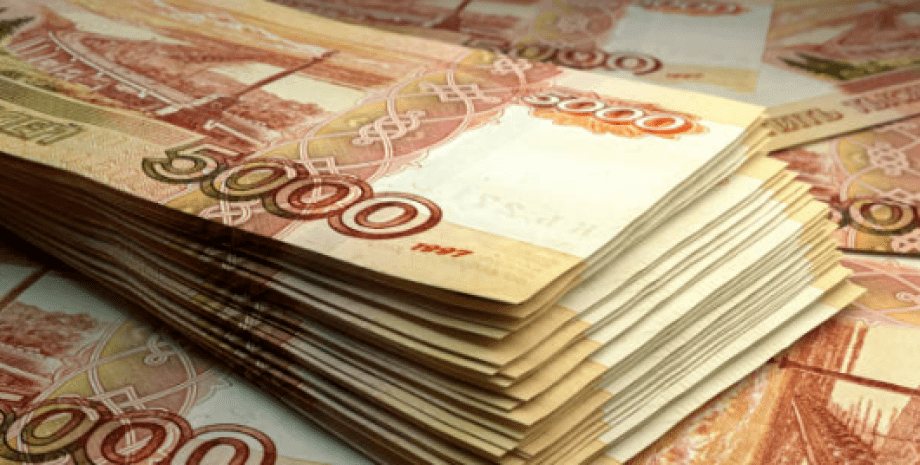
 By Eliza Popova
By Eliza Popova
The use of Russian money, namely frozen assets of the Central Bank of the Russian Federation, is a legal problem that is trying to solve in the EU for a long time. The Russian Central Bank's frozen assets are expected to bring about 3 billion euros of profits per year. More than half of these assets are in cash and on deposits, the rest in securities, which will be converted into cash as they are repayed in the next two to three years.
German Chancellor Olaf Scholtz suggested that it takes time to identify and reconcile the method of confiscation of frozen Russian assets and use them to finance Ukraine's restoration. "It is all terribly difficult, and no one knows what is possible and as possible and as," Solz said. Ursula von Der Liaan explained how the prospect of using Russian assets in favor of Ukraine looks like. According to her, this problem has two dimensions: political and financial.
Politically, no one has doubts that Russia as the one who committed the crime should pay "for the huge destruction of Ukrainian infrastructure. " Concerning the financial dimension, von Der Liaien assured that the European Commission "will have a very well -balanced approach to cooperation with our partners" and take into account the opinion of the European Central Bank. The European Commission is preparing to submit a more detailed proposal by the end of the summer.
According to Bloomberg interlocutors, there is a legal risk that the plan can be appealed in court. There is also fears that the interest and profits derived from frozen sovereign assets of the Russian Federation belong to Russia. On June 29, Focus wrote that the Austria replaces the guarantee of free of free to Ukraine.
Austrian Chancellor Carl Negammer during the EU Summit, June 29, made it clear that his country would not agree to the obligation to approve security guarantees for Ukraine at the EU level. Also, the 29 of Nazi reported that the EU should change to integrate Ukraine. Charles Michel, the Chairman of the European Council, spoke about the prospect of Ukraine's accession to the EU.










All rights reserved IN-Ukraine.info - 2022